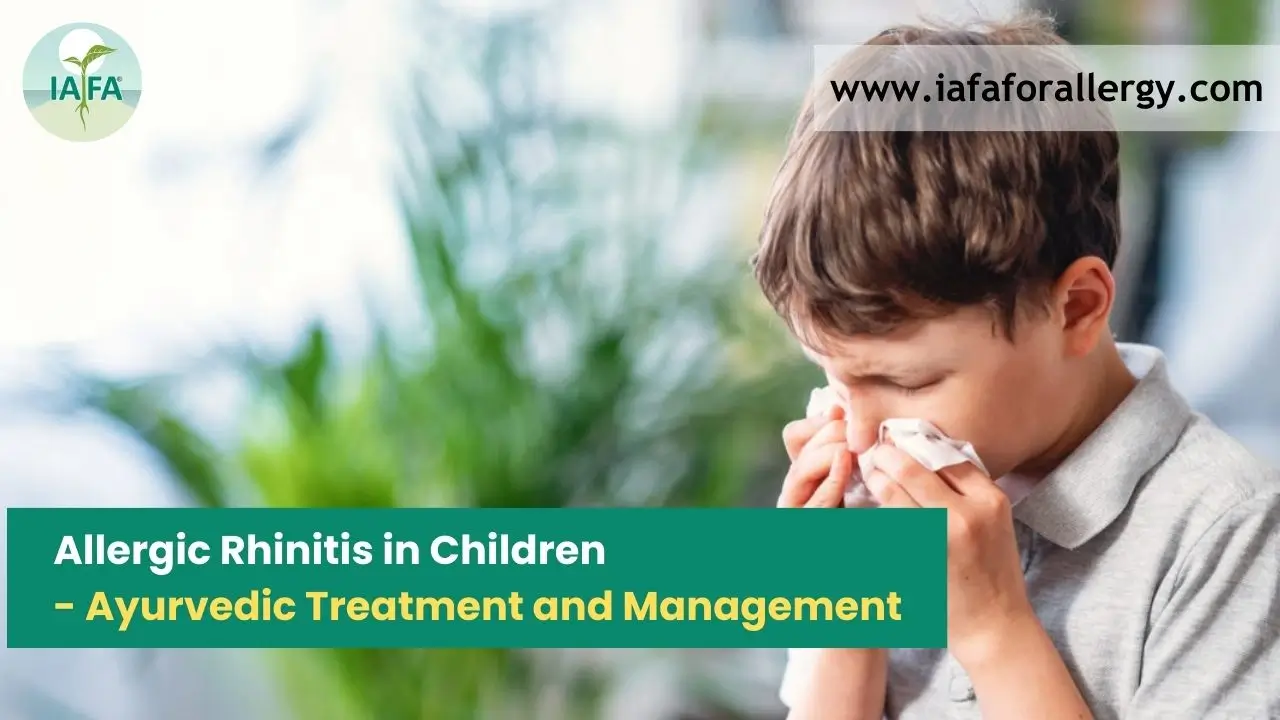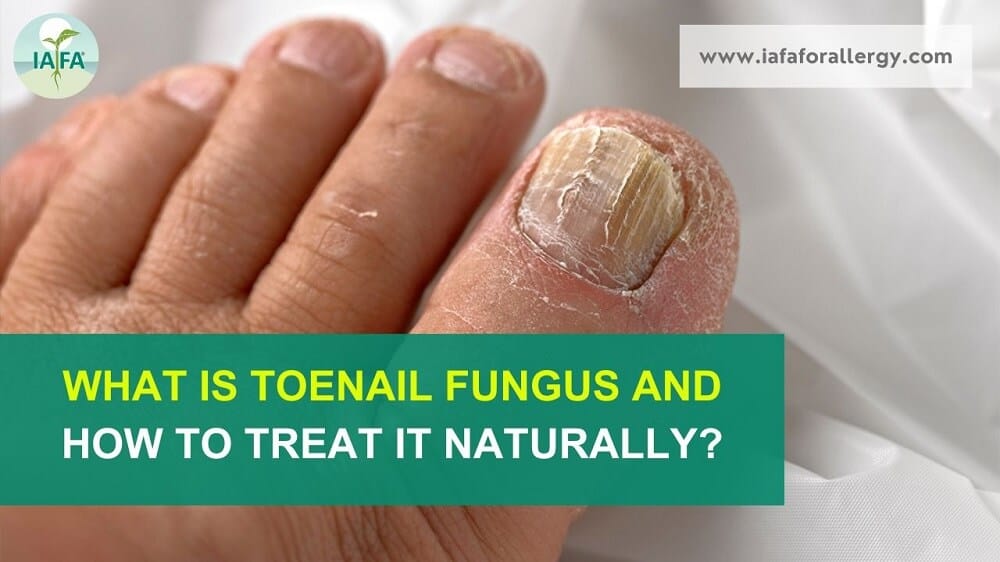What is Food Allergy?
Food Allergy occurs soon after eating a certain food which is due to the immune system reaction. Even the consumption of small amount of allergy causing food can trigger signs and symptoms of allergy. In some persons, food allergy can cause severe symptoms or a life-threatening reaction known as anaphylaxis.
Food allergy affects an estimated 6-8% of children under the age group of 3 years and up to 3% of adults. Food allergy should not be consumed with food intolerance. Food intolerance is a less serious condition which does not involve the immune system. In modern medicine, there is no cure of food allergy so people look for alternative treatment for food allergies.
What are the 8 Most Common Food Allergies?
8 Common Food Allergies are:
- Milk (mostly in children)
- Peanuts
- Soy
- Eggs
- Wheat
- Fish (mostly in adults)
- Tree nuts, like walnuts, pine nuts, pecans and brazil nuts
- Shellfish (mostly in adults)

What are the Symptoms of Food Allergy?
In some people, an allergic reaction by consuming a particular food may be uncomfortable but not severe but in other people, an allergic food reaction can be frightening. The symptoms may develop immediately within a few minutes of consuming food or may take up to 2 hours after eating the offending food.
The most common symptoms of food allergy are:
- Hives, eczema or itching
- Tingling or itching in the mouth
- Wheezing, nasal congestion or trouble in breathing
- Abdominal pain, diarrhoea, nausea or vomiting
- Dizziness, light headedness or fainting
- In some people, food allergy can cause a severe allergic reaction known as anaphylaxis. The symptoms of anaphylaxis are constriction and tightening of airways, shock with severe drop in blood pressure, a swollen throat or the sensation of lump in the throat that makes it difficult to breathe.
What are the Causes of Food Allergy?
In food allergy, the immune system mistakenly identifies a specific food or substance in food as something which is harmful. In response, the immune system triggers cells to release an antibody known as Immunoglobulin E (IgE) to neutralize the allergy causing food (allergen). The next time, patient eats even the smallest amount of that food, IgE antibodies sense it and signal the immune system to release a chemical known as histamine, as well as other chemicals in the blood stream. These chemicals cause the symptoms of allergy.
What is the Natural Treatment for Food Allergies?
The natural treatment for food allergies focuses on treating the root cause of the problem. According to Ayurveda, food allergy is caused due to poor digestion which results in the building up of undigested food particles. The accumulation of undigested food particles further leads to the build-up of toxins and impurities in the tissues. These toxins are known as Ama in Ayurveda. This ama is the root cause of food allergies.
Moreover, Ayurveda also gives emphasis regarding the seasonal and daily regimen and lifestyle. Therefore, an Ayurvedic practitioner does not take only consideration the individual’s constitution, but also the seasonal environment, lifestyle and person’s emotional and spiritual well-being as well. He will determine the Agni (digestive fire) assessment that may possibly lead to ama formation.
There is a deep relation between diet and ama formation. Ayurveda suggests that by following dietary guidelines in addition to herbal remedies for food allergies, one can recover from food allergy. Therefore, by following this holistic approach and eating a compatible diet that is natural, organic, full of prana is the most ideal as such diet avoids and prevent such sensitivities.
Some Dietary Guidelines and Lifestyle recommendation for Food Allergy:
- Eat freshly prepared, full of prana seasonal fruits that are appropriate for the season.
- Foods that are processed, canned, consisting of preservatives or other chemical preservatives and additives should be avoided as they are the cause of such food sensitivities.
- Yoga and Pranayam also strengthen the natural defence system, thus these are the excellent ways to cure food allergy.
- Breastfeeding mothers should avoid the consumption of foods that contain chemicals, preservatives and additives.
Thus, ayurvedic treatment of food allergy is based on strengthening the agni (digestive fire) of the patient to aid in optimum digestion and avoid the accumulation of ama (toxins) along with following a diet that is compatible and full of prana.








